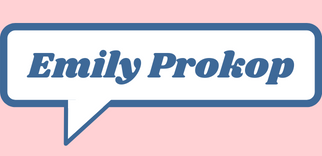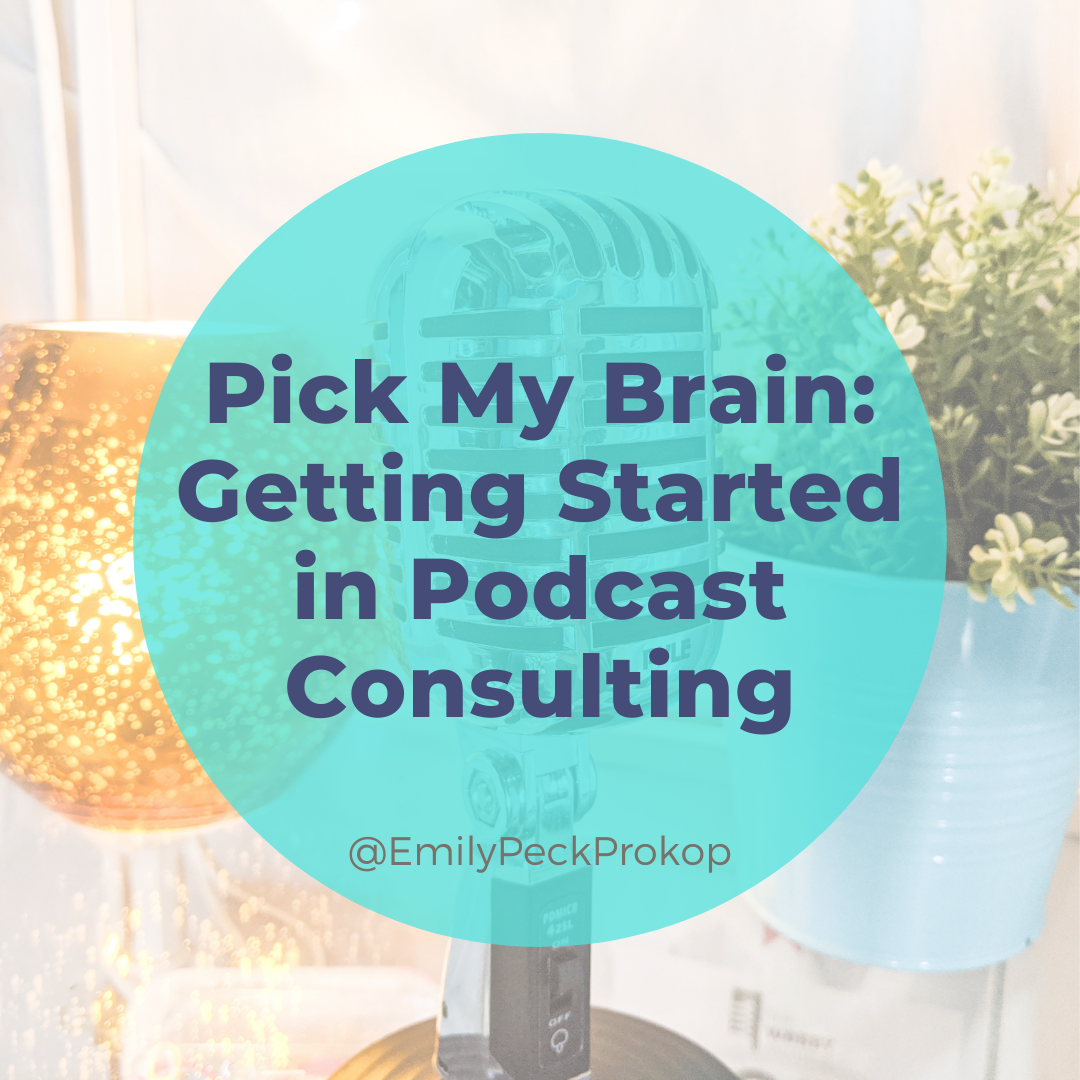I got an email recently from someone looking for advice about getting started as a podcast consultant. Because of a recent death in the family, my email has become quite a mess. So I apologize to anyone waiting on a reply from me. I’ve been slowly chipping away at my inbox and, even though I tend not to spend too long on email responses, I found myself enjoying writing this particular reply.
So I’m sharing it here in case any podcasters want to think about adding Podcast Consultant to their resume.
This was the reply I wrote:
When I started consulting, I made the mistake of trying to help EVERY podcaster, but I’ll tell you that’s the quickest way to burnout. I was lucky to go through some business coaching that got me to get specific and focus on what kinds of podcasts and podcasters I wanted to work with. For example, I have a journalism background and worked in publishing, so I decided to focus more on the beginning podcaster looking to start their podcast on the right foot.
So as you’re building your business and your “About Me” section of your website, make sure you’re highlighting the skills in your background that will differentiate you from the revolving door of “podcast gurus” who regurgitate the same basic information (and misinformation) and take advantage of new podcasters with the idea they can help “anybody and everybody” start a podcast.
The best consultants I know who are still consulting have niched down and gotten specific about the types of podcasters their knowledge and skills can bring the most value to, whether it’s a small business doing an interview show as part of their marketing efforts, a journalist doing a true crime investigation podcast, a college professor doing an academic and educational show, or someone who wants to create the theater-of-the-mind audio drama they’ve always imagined.
As I’ve done more consulting and helped more podcasters over the years, my skills have grown so I can help more than just podcasters starting out. Staying on top of what’s happening in the podcasting space will help you out a lot, too. I get the majority of my podcast news from podcasting newsletters (I like Inside Podcasting and Podnews). Also Libsyn’s “The Feed” is a great podcast for consultants. More of the nuts and bolts of the podcasting space to be aware of.
When it comes to getting clients, network, network, network! Don’t let that scare you if you’re an introvert like me — a lot of my networking was done through social media in the beginning and I got most of my clients from referrals in my podcasting circles. I also edit podcasts (my bread and butter) so I get a lot of referrals from guests of clients who want to learn more about starting their own shows.
Going to in-person events is one of the fastest ways to get your name out there, though. The best places to find clients are podcasting conferences or a conference specifically for the niche you want to work with (for example: a finance convention like FinCon if you want to work with personal finance podcasters).
Final Thoughts
Know yourself, keep learning the craft, and target perfect-for-you clients 🙂 Podcast consulting isn’t for those who think they can just wing it. They don’t last long. But if you love podcasting and are in it for the long run, podcast consulting can be a great way to support other creators and get paid for the knowledge you may already have.
Want to Learn More about Podcast Consulting?
Comment below with any questions you have about podcast consulting and I’ll be happy to answer them in an upcoming blog post!
Sign up for monthly podcasting tips and updates!
Want to connect between posts? Follow me over on Instagram 🙂
Check out my latest podcasting blog post here
Check out my Podcasting Microphone and Setup and what gear I recommend for new podcasters
Looking for a podcast host? Use my Promo Code EMILY to get your first month of hosting free at Libsyn! (Code automatically applied when you click that link 😉)


